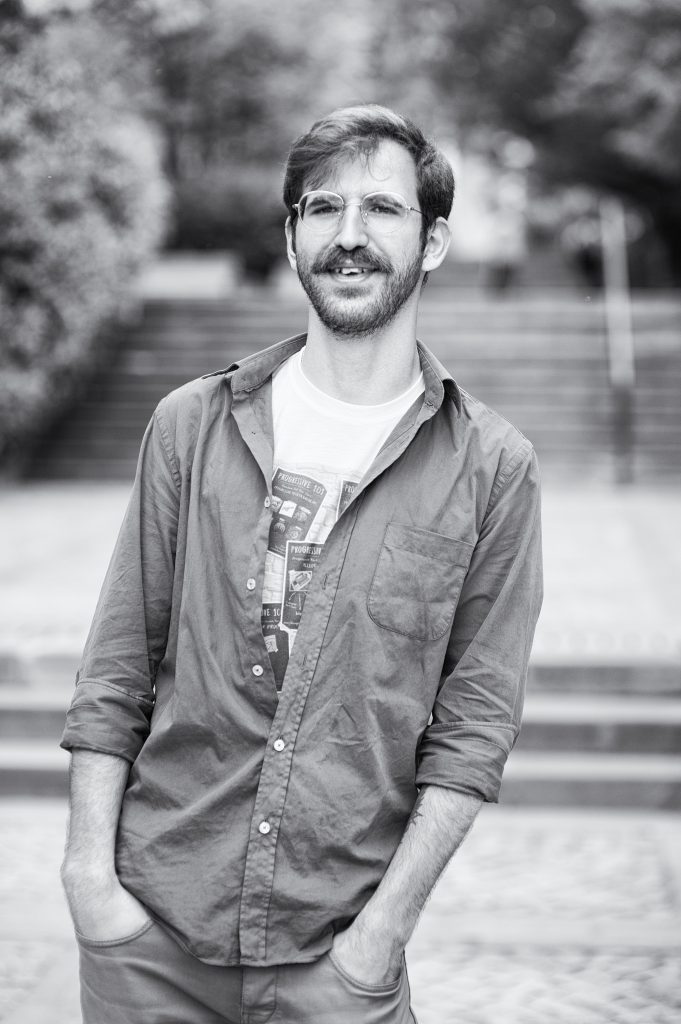 B.A. Philosophy (Bilkent University, 2016)
B.A. Philosophy (Bilkent University, 2016)
M.A. Philosophy (Simon Fraser University, 2016 – 2019)
Ph.D. Philosophy (McGill University, 2019 – )
____________
1. Hi Cem! Tell us about yourself: What have you been up to since you graduated from Bilkent?
Hi! Unfortunately, I didn’t get to do a lot since graduating – my last few semesters at Bilkent were spent applying to graduate programs in philosophy, and over the summer I moved to Canada to begin my master’s degree here!
2. Where are you now and what are you working on?
I am working towards my master’s degree in philosophy at Simon Fraser University in Vancouver, and I work as a teaching assistant in the department to fund my studies. Teaching and studying is how I spend my time currently!
3. Why did you choose to study philosophy at Bilkent University?
I think my motives for pursuing philosophy informed my choice of Bilkent University over other philosophy departments. I went into philosophy because I was interested in theoretical questions. Because I thought at the time I might grow an interest in a field other than philosophy, the philosophy department at Bilkent became a very reasonable choice. The curriculum covers a wide range of topics, and I believe it equips one with a lot of skills that are relevant to a lot of fields of study. The option to do a minor was really exciting.
I also thought I might pursue an academic career after graduating, for which the philosophy department at Bilkent is unmatched. There is an active research culture and the faculty is always on the cutting edge of research. The department is a great place to gain an understanding of the academia. When I learnt of the department’s reputation in academic circles, I decided Bilkent was the best option for someone like me who was considering an academic career.
4. What was it like to study philosophy at Bilkent?
Studying philosophy at Bilkent was great for me! I received a high-quality education in philosophy, and I had many opportunities to improve myself in the classroom and out.
One of the greatest aspects of the philosophy department at Bilkent is how everyone goes out of their way to help the students. Thanks to the relatively smaller size of the department, the faculty can devote a lot of time to students. This way, students get comprehensive feedback about their work, and a lot of extracurricular activities become possible. For example, when the students come up with an idea for a workshop, conference or a reading group, the department uses all of its resources to help make these ideas in the reality. The availability of such opportunities is really important for a student’s growth.
There is a really supportive and friendly atmosphere at the department. I always felt home, thanks to this positive and active climate!
5. How has your undergraduate degree in philosophy helped you out in your work/ academic career?
Since I am doing my master’s in philosophy, I can say that the skills I acquired during my undergraduate education transferred directly to graduate school. It is not just the content I am comfortable with (though it is worth mentioning that content-wise, Bilkent prepared me well for graduate level coursework) but also skills like drafting, research, writing, presenting and contributing to discussions. These skills are all invaluable to get by in graduate school, and I am glad I got to practice them a lot in my undergraduate years!
Besides being a graduate student, as a teaching assistant I run tutorials and prepare material to present to my students. When I got to the backstage of philosophy classes, I realized how well an education in philosophy prepared me for running classes. For example, when preparing material for the tutorial, I generally have to make the week’s readings intelligible and present it to my students in a concise manner. Identifying the core of a problem or debate and creating meaningful dialogue over that was one of the most important skills the education in philosophy taught me. So I can say that having studied philosophy equipped me well for teaching!
